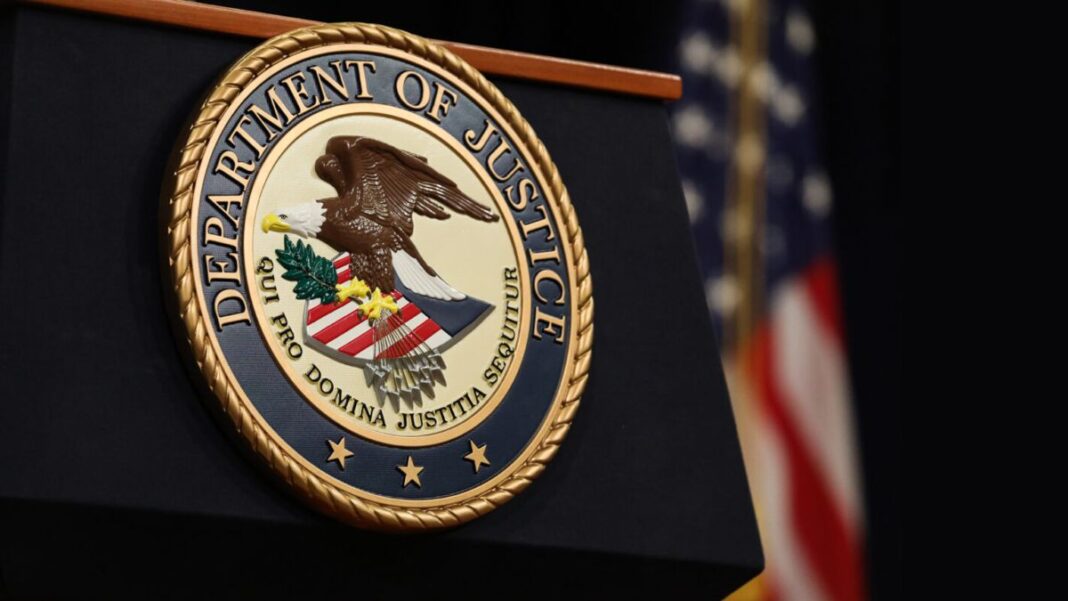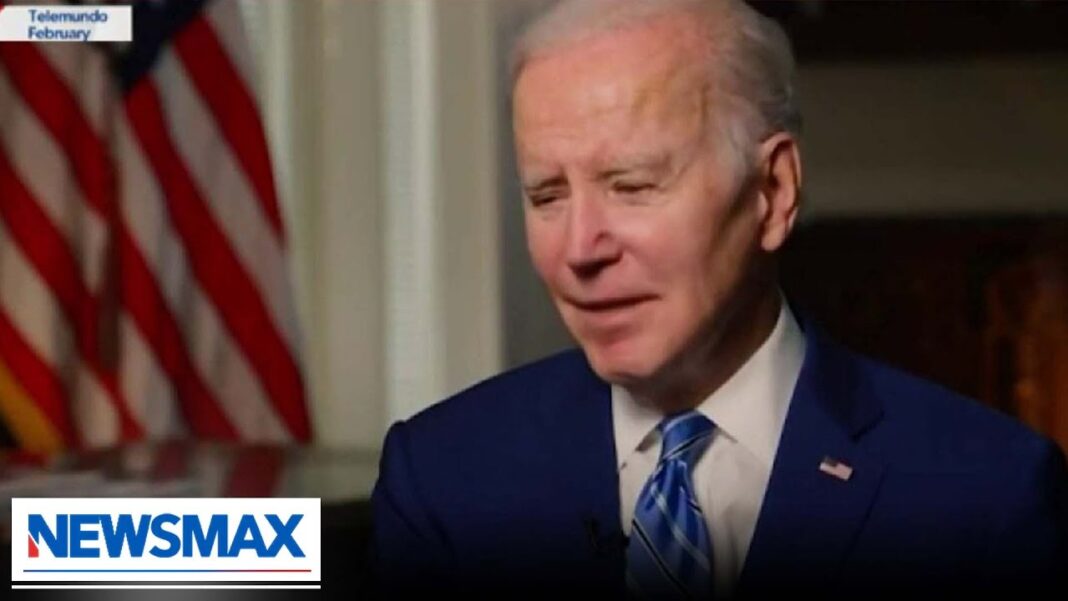A divided three-judge panel of the U.S. Court of Appeals for the District of Columbia on April 7 upheld the U.S. Department of Justice’s novel use of a felony evidence-tampering statute against Jan. 6 criminal-case defendants.
The appeals judges issued a broad interpretation of the crime of “obstruction” that is almost certain to be appealed to the U.S. Supreme Court.
Judge Florence Pan, appointed by President Joe Biden, and Judge Justin R. Walker, appointed by President Donald Trump, voted to reverse the 2022 rulings by U.S. District Judge Carl Nichols dismissing obstruction charges against three Jan. 6 defendants.
Pan and Walker adopted the broad reading of the obstruction statute advanced by the DOJ.
Judge Gregory Katsas, a Trump appointee, dissented. Katsas warned that the interpretation advanced by the majority would, for example, expose protesters standing outside a judge’s home to 20 years in federal prison.
Brushing aside the statute’s history stemming from evidence tampering in the Enron scandal, the majority said the law applies to any effort to obstruct an “official proceeding,” including the ceremonial tallying of Electoral College votes by the U.S. Congress.
Frequently Used Charge
The obstruction statute is the most frequently used felony charge against Jan. 6 defendants. The DOJ has charged hundreds of people with obstruction of Congress because the protests and rioting that took place on Jan. 6 delayed the counting of Electoral College votes by some six hours.
Defense attorneys have watched this case with intense interest. Many argue that the federal government is misusing an evidence-tampering law to punish constitutionally protected political speech and protests.
In rulings on March 7, March 17, and June 7, 2022, Judge Nichols threw out the obstruction charges against Joseph W. Fischer of Jonestown, Pennsylvania; Garret A. Miller of Richardson, Texas; and Edward “Jake” Lang of Newburgh, N.Y. The DOJ appealed the decisions.
Nichols ruled that federal law under 18 § U.S.C. 1512(c) does not apply to the conduct of the defendants because the statute was intended by Congress to have a narrow, limited focus related to the destruction of documents. It’s part of a section of the U.S. Code titled “Tampering with a witness, victim, or an informant.”







